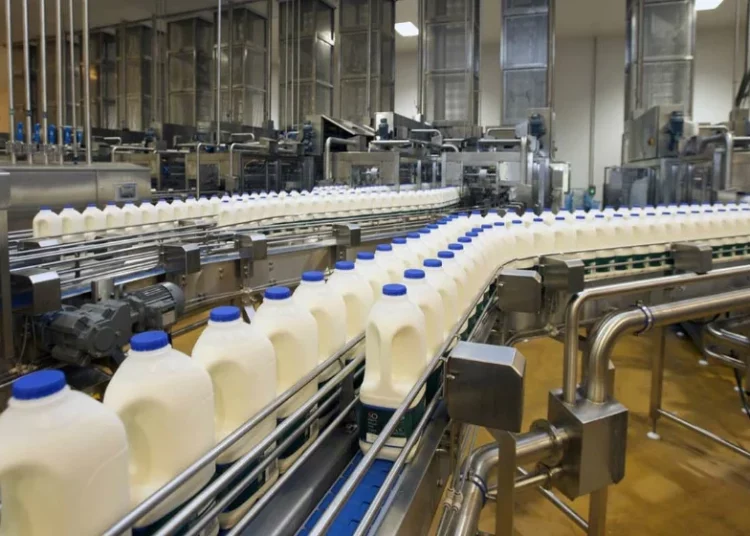Yoghurt is a nutritious drink with a lot of vitamins that helps the body function well. Also, it helps in reducing stress and helps people to lose weight.
According to Lecturer in the Department of Microbiology, University of Ilorin, Dr. Amina Ahmed, the health benefits of yoghurt can include promoting bone health and aiding digestion, saying, ‘Yoghurt is rich in probiotics, which support your immune system and improve digestive health by maintaining levels of ‘good bacteria’ in the gut.’
This has made it a viable business to venture into. While there has been some entrants into the business, there is still a gap that new entrants can fit into and make profit. In starting a yoghurt business, you however need to know about it.
Yogurt is divided into stirred yoghurt and solidified yoghurt. Yoghurt is processed from fresh milk. Normally, milk is squeezed and refrigerated quickly, and then processed into yoghurt in a ranch or milk bar. Processing yogurt generally requires the use of a homogeniser.
After the milk is homogenised, it can be effectively crushed and dispersed to make the mixing more uniform, the fermentation of bacteria is more complete, the whey precipitation rate is low, and the fermentation effect is better. Yogurt processing process involves preheating, homogenization-sterilization, cooling and filling.
Salamotu Ejembi, Founder and chief executive of Esis SipEats which specialises in northern delicacies; such as Masa, Fura, Yoghurt, Awara, suya as well as drinks–Kunun zaki, kunun aya, and zobo said, the company was born out of the desire to give Lagos-based Northerners a home-away-from-home experience.
“When I first moved to Lagos in 2011, I got homesick mostly when I desire Hausa delicacies and I either don’t find any or I see them from street vendors who do not look clean enough to be food vendors,” he stressed.
Noting that Fura and Yoghurt have been the best sellers amongst her customers Ejembi said, her customers are no longer just northerners but from all walks of life. However with the rising cost of doing business in the country, she says, the business, like others, is also being affected.
“Business was going on well until the cost of production continued rising. Milk used to be N3,000. As of today, it has risen to around N15,000. This has greatly affected customer base as many couldn’t keep up with the new selling price of our products.
“We used to sell a 500ml of Yoghurt for N500 but it now goes for above N2,000. Selling at this price is just to break even and not to make any profit per say. Competitors who engage in mass production are the ones enjoying the hike as the prices of raw materials do not really affect very large productions that much.





